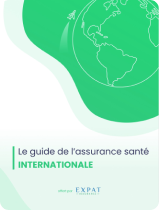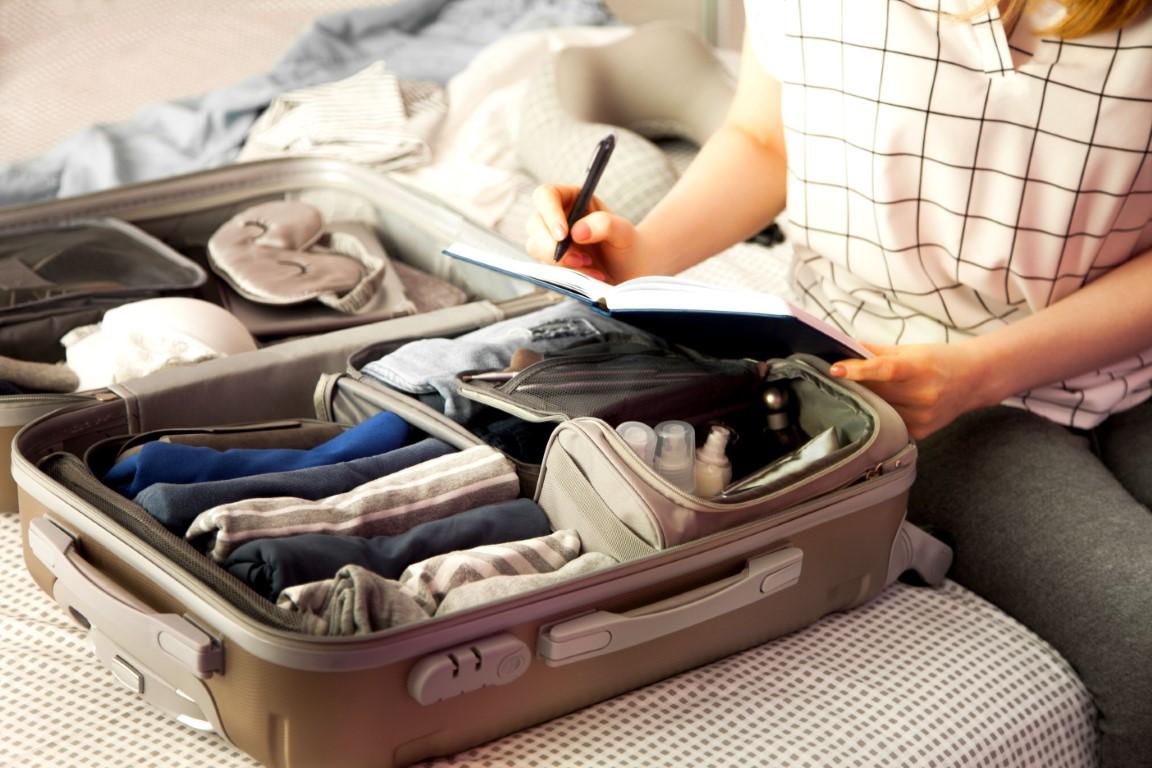Denmark is renowned worldwide for its quality of life. The country is a member of the European Union, which eases the immigration process for EU passport owners.
However, it is important to respect certain obligations in order to successfully complete this project, EU citizen or not.
Moving to Denmark as a non-EU Citizen
If you are a non-EU citizen, you’ll have to obtain a visa if you want to settle down in Denmark.
Basically, you have 3 main ways to move to Denmark:
- Moving to Denmark as a student: For this, you’ll have to get an invitation from a Danish University and then apply for a student visa.
- Moving to Denmark as a worker: As a non-EU citizen, it is preferable to find a job before moving to Denmark. Then apply for a work visa with your contract. Usually, only big companies are able to handle the multiple procedures required by the Danish government to hire you as a foreigner.
- Moving to Denmark by marrying a Dane: This way is also possible. However, you should be at least 24 years old and your partner should have a house big enough for both of you and make a deposit of around US$8,000 to prove that he or she can support you. You are also required to pass a Danish language examination 6 months after your arrival.
How to Expat to Denmark Legally If You Have an EU Passport?
European nationals are free to enter and reside in Denmark without a visa or any other formalities.
However, to expat to Denmark for more than 3 months, they are required to obtain several documents and to carry out certain procedures:
Obtaining a residence permit, or registration certificate (registreringsbevis)
It is granted upon proof of resources: 750 euros per month, a little less for expatriates under 25 years old.
It is valid :
- One year, renewable until graduation for students
- For the duration of the work contract in case of a fixed-term contract
- 5 years for workers on permanent contracts.
People who are looking for a job during their expatriation in Denmark are allowed to stay in the country for 6 months without a registration certificate.
Obtaining the CPR number
The CPR number is a personal identification number that is obtained after registration in the municipal population register (folkeregistret). It is required for :
- All official applications
- Renting a property
- Health care
- Opening a bank account
- Etc.
Other necessary steps to expatriate in Denmark
Obtaining a residence address is not to be taken lightly: real estate is often expensive in Denmark, and there are all kinds of properties, from shared apartments to large houses.
But to settle in Denmark, you will have to rent your home: buying is only possible after 5 years of residence.
Opening a bank account is also essential in order to work.
Jobs in Denmark for Expats
It is highly recommended to start learning Danish before moving to Denmark, or at least to take classes upon arrival, as mastering the language is not only an asset, it is sometimes indispensable to be able to get a job during your expatriation in Denmark.
Although the unemployment rate has increased in the country in recent years, it remains lower than in other European nations, and Denmark remains one of the most competitive countries in the world, with the particularity of having a very flexible labor market.
Sectors of activity to focus on when expatriating to Denmark
To work after moving to Denmark, you must be able to apply for positions in very dynamic sectors, or to respond to a labor shortage:
- IT
- Biomedical sector
- Personal care
- Business services
- Energy
- Leisure
- Childcare
- Everything related to fair trade and the environment.
A list of skills in short supply in the country is available and allows you to find out which professional qualifications are currently in demand.
Health Insurance for EU Citizens after Moving to Denmark
EU citizens who choose to live in Denmark can be covered by the Danish health insurance system. The transition from, for example, the French system to the Danish system is simplified by mutual agreements.
In order to benefit from this very good health care system during an expatriation in Denmark, you just need to have obtained your CPR number.
The expatriate will then be given an insurance card (yellow card) and an attending physician.
The Danish Health Care System
The Danish health care system is divided into :
- Primary care: general consultations
- Secondary care: specialized treatments and hospital care.
Not all health expenses are covered by this insurance: dental care, for example, is only free until the age of 18.
Policyholders who wish to choose their own practitioners, including the attending physician, will also have higher out-of-pocket expenses.
Is There Private Health Insurance in Denmark?
The private health insurance sector is not very developed in Denmark.
In order to be well reimbursed and to benefit from a freer choice of practitioners, it is therefore advisable to subscribe to an expat insurance before moving to Denmark.
This will also allow you to be treated in case of a stay in other countries. The main existing solutions are the subscription of an insurance at the 1st euro (or dollar).
It is possible to find the best contract, among the numerous offers on the market, by using an online comparator which will allow you to obtain quotes and details of the guarantees offered by different insurers.







